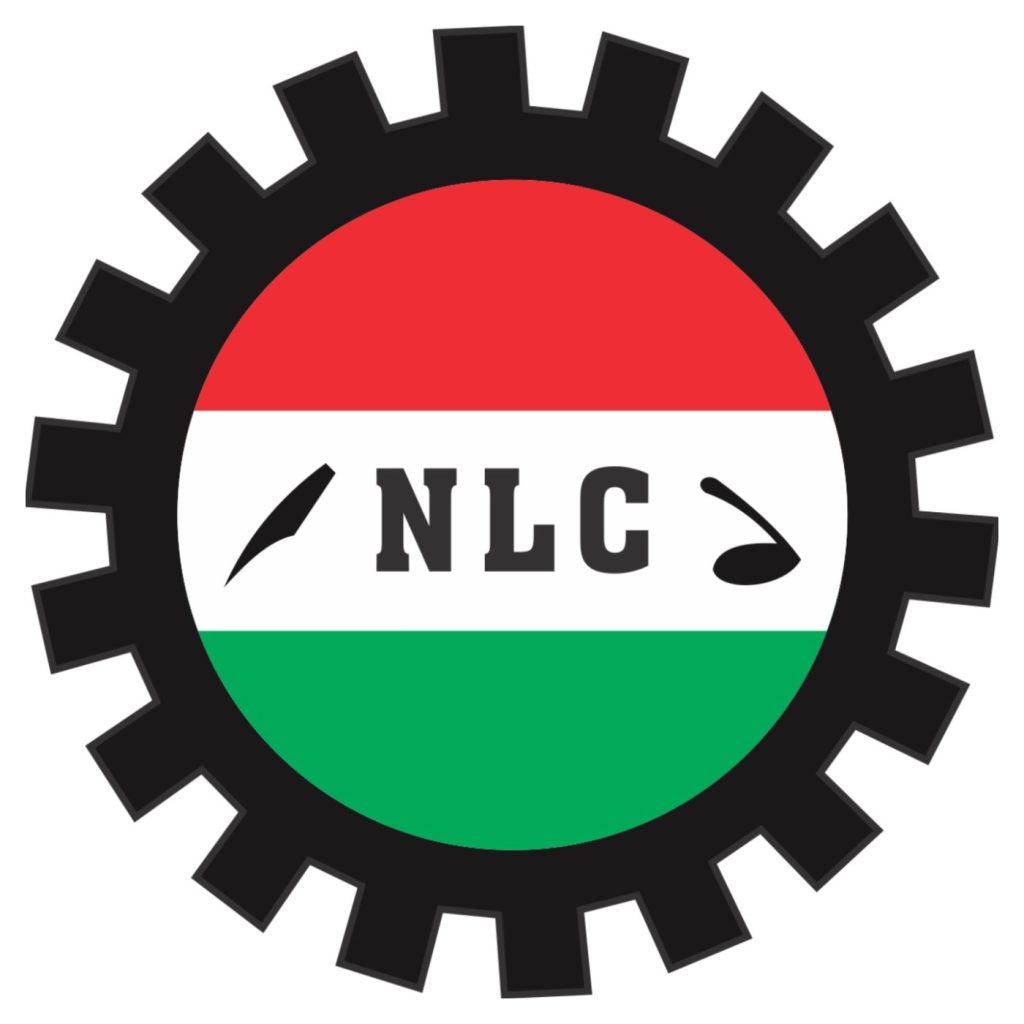The Nigeria Labour Congress, NLC, has expressed disapproval over the non-implementation of the new minimum wage and consequential adjustments by some state governors.
NLC President, Joe Ajaero, made this known at the 6th National Gender Conference organised by the NLC National Women’s Commission on Tuesday in Abuja.
DAILY POST reports that the conference was held under the theme: “Accelerate Action for Gender Equality: Imperative for a new NLC Gender Policy.”
According to Ajaero, the salaries of some workers are currently lower than what they were receiving before the implementation of the new N70,000 minimum wage, owing to taxation and inflation.
He stated that the situation was becoming increasingly unbearable, noting that even the cost of electricity would erode the entire salary.
“This has exposed us to all sorts of danger,” he added.
“If you want to be a serious worker and go to work for 24 days or 20 days a month, the N70,000 will disappear, that’s a fact today.
“School fees seem to be rising, transportation is worse, inflation is going high. These are issues that confront us as workers.
“The issue of implementing a minimum wage is the worst crime I have ever seen. In some states, you just notice N5,000 added to your salary. So what is the essence of consequential adjustment?
“At the NLC level, we have negotiated for N70,000. At the level of consequential adjustment, the NLC was not contacted. So I wonder why workers should be short-changed—I do not understand,” he said.
The NLC President reiterated that workers in the Federal Civil Service had yet to formally bring their complaints about salary shortfalls to the attention of the NLC leadership.
On her part, the chairperson of the NLC Women’s Commission, Mrs Salamatu Aliu, said women in Nigeria, and indeed across the world, are still subjected to discrimination, abuse, and harassment in the workplace and society at large.
“The NLC has deliberately taken progressive steps in promoting the leadership role of women in various spheres.
“These are part of the strategies for recognising and promoting the active participation of women in the trade unions, as consciously stipulated in the NLC Gender Policy,” she said.

